In July, Algeria became the last country in the world to stop selling leaded gasoline (petrol). The news marks a major step in improving the environment, and shows that the world’s countries can work together to solve environmental problems.
The United Nations Environmental Program (UNEP) has been working for nearly 20 years to end the sale of gasoline with lead in it. Now UNEP reports that Algeria has used up all of its leaded gas. The polluting fuel is no longer sold anywhere in the world.
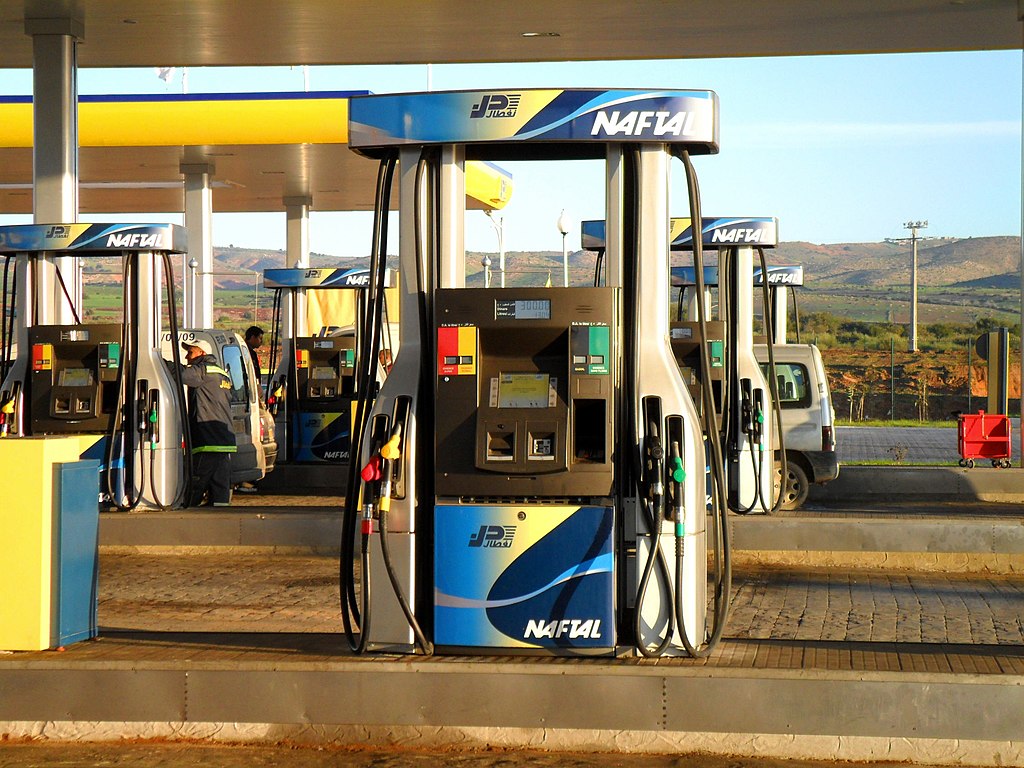
(Source: habib kaki [CC BY 3.0], via Wikimedia Commons.)
Lead is a soft metal that’s toxic to humans. Bits of lead can enter the body through breathing, eating, or drinking. Lead that enters the body has a hard time leaving. Instead, it often builds up in important areas of the body.
Lead poisoning can cause serious problems like brain damage, heart disease, and many other illnesses. The effects of lead poisoning are especially damaging to children, whose bodies are still growing and developing.
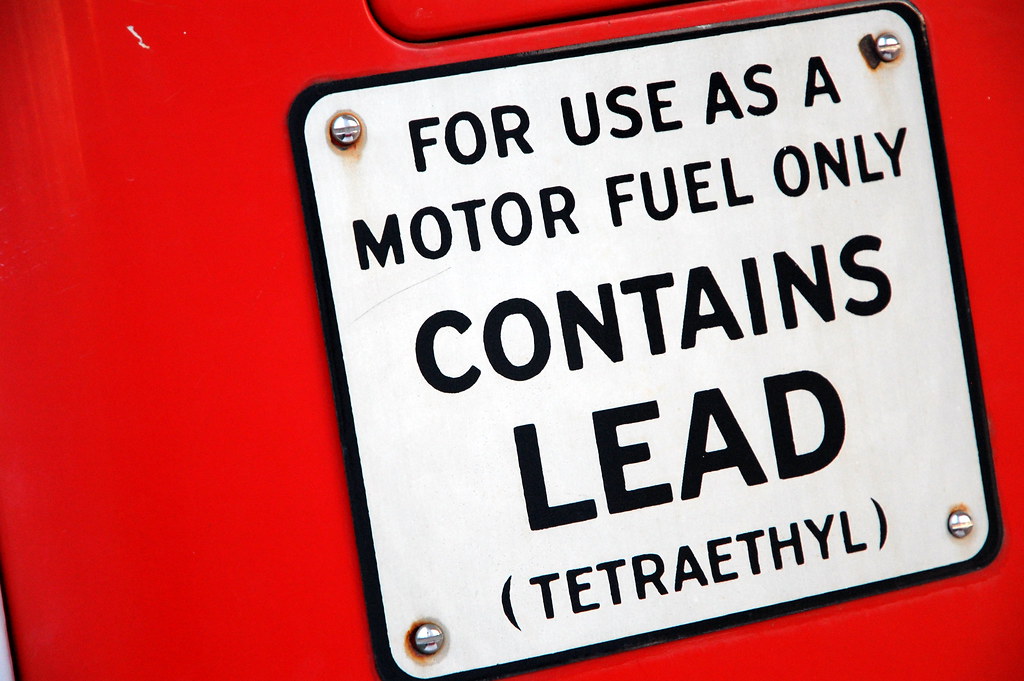
(Source: Steve Snodgrass, via Flickr.com.)
In the 1920s, scientists discovered that adding a special form of lead to gasoline made engines run more smoothly. The scientists knew lead was poisonous, but didn’t think adding small amounts of lead to gasoline would cause many problems. They were very wrong.
Lead mixes easily with air, water, and dirt. The lead added to gasoline came out in exhaust from cars and trucks, and wound up polluting the air people breathed. It landed on fruits and vegetables that were eaten. It settled on farmland and rivers and ponds. From the water and soil, it made its way into animals and food.
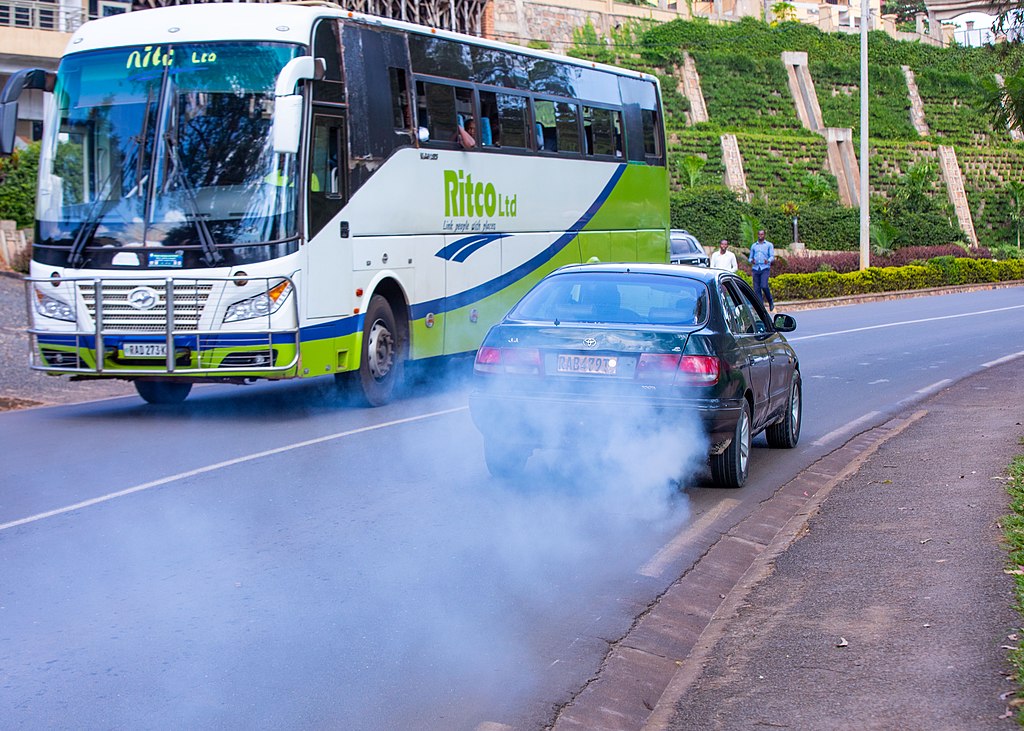
(Source: Emmanuelkwizera [CC BY-SA 4.0], via Wikimedia Commons.)
Over the last 60 years, there has been a long, slow fight to remove lead from gasoline. Things first began to change in richer countries, which could afford to pay for the process of switching to unleaded gasoline.
The United States began moving away from leaded gasoline in 1973, finally banning it in 1996. Other countries began to do the same thing, but it took a long time. Less than 20 years ago, 117 countries were still using leaded gasoline.
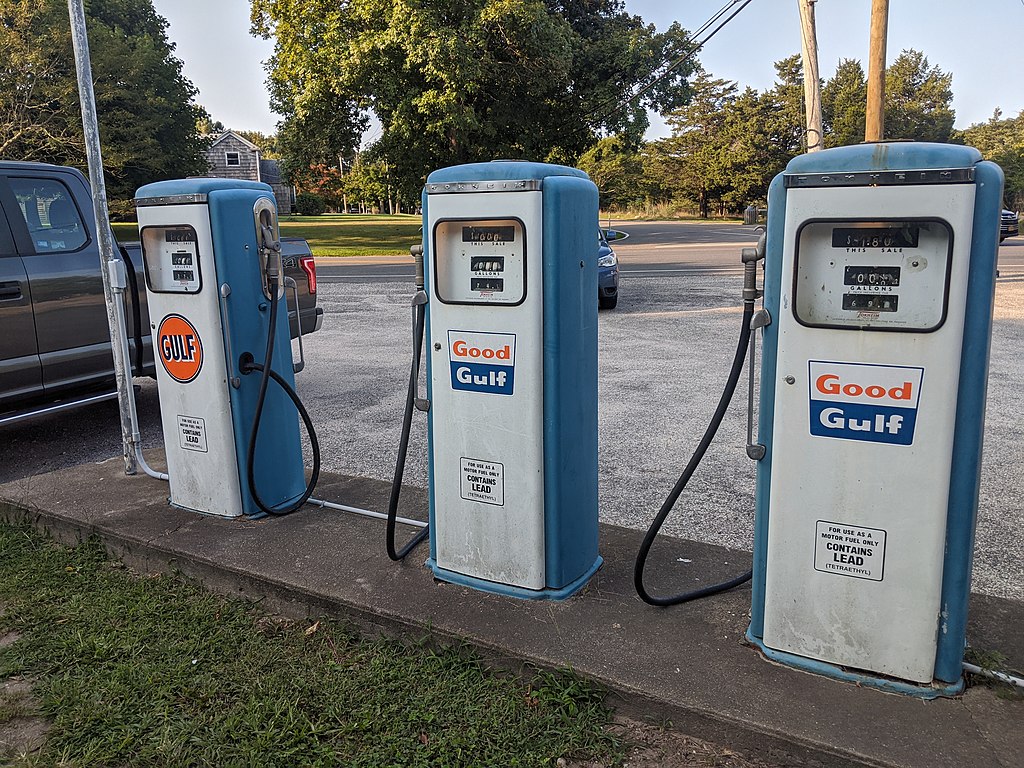
(Source: CaptJayRuffins [CC BY-SA 4.0], via Wikimedia Commons.)
In 2002, the UNEP started a program to end the use of leaded gasoline. That 19-year struggle ended in July, when Algeria finally stopped selling leaded gasoline. It was the last country in the world to stop.
The UNEP says ending the use of leaded gasoline could prevent 1.2 million early deaths every year.
Getting rid of leaded gasoline shows that the world’s countries can, in some cases, work together to solve serious environmental problems. That’s important because the climate crisis now requires the combined efforts of all the countries in the world.
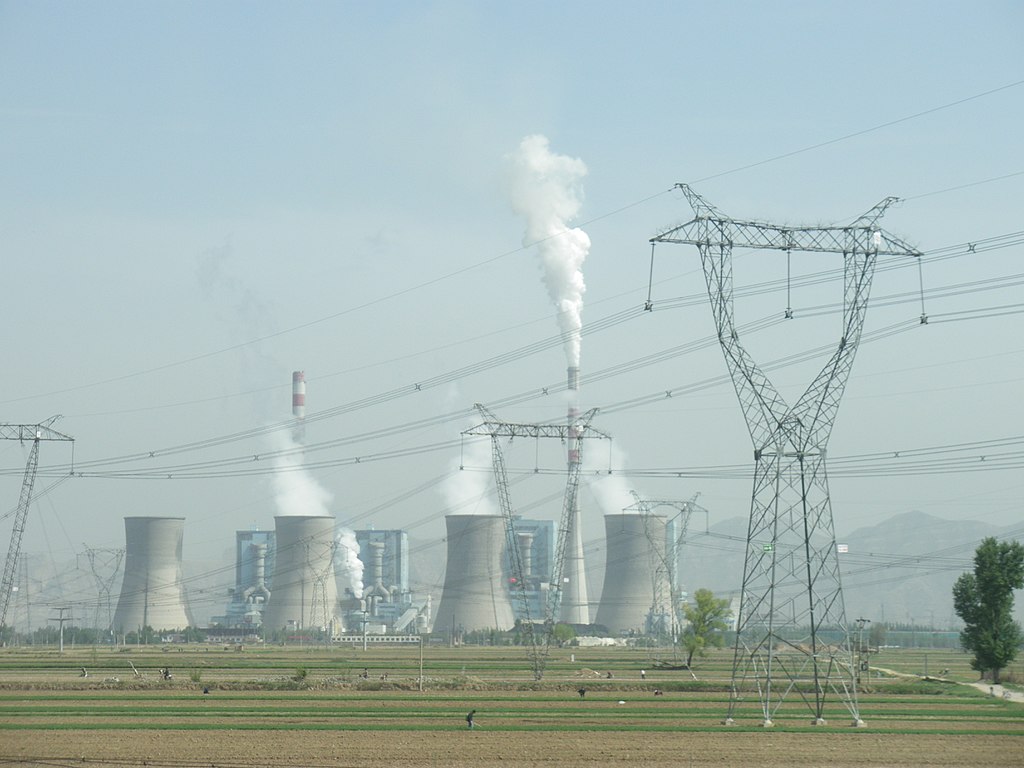
(Source: Kleineolive, from Wikimedia Commons.)
One example of climate action requiring worldwide effort is getting rid of coal – another dangerous, polluting fuel. Some people say the efforts to get rid of leaded gas make a good model for getting rid of coal.
One thing that’s clear from the long fight to do away with leaded gasoline: for change to happen quickly, richer countries will need to help poorer countries adjust to new energy sources. If not, the process could take dozens and dozens of years.
